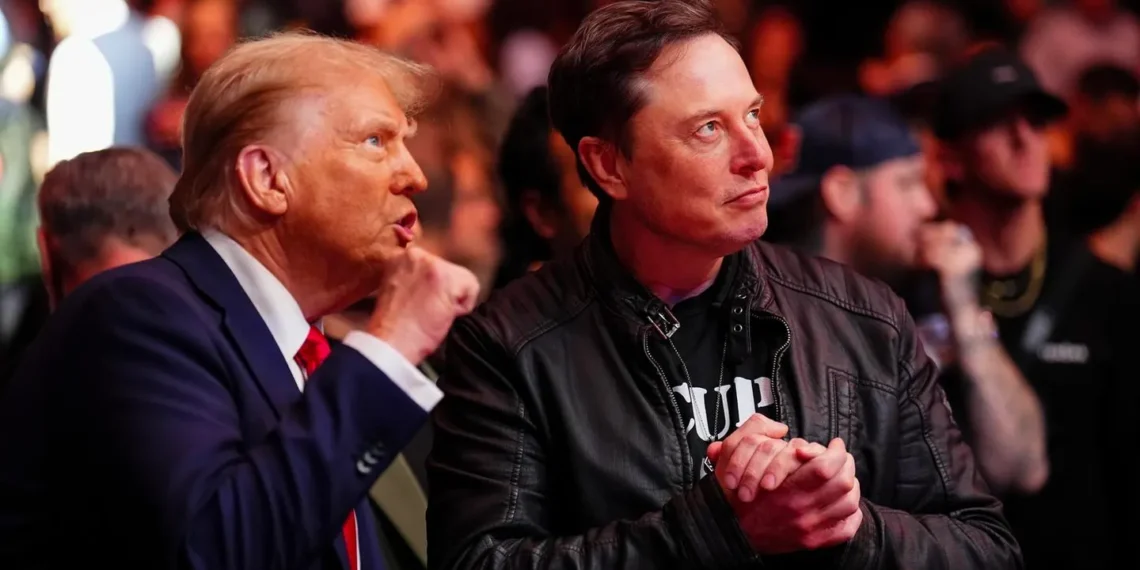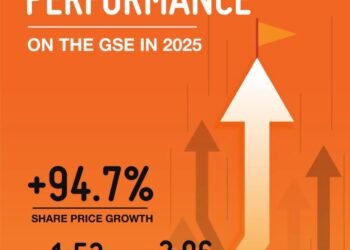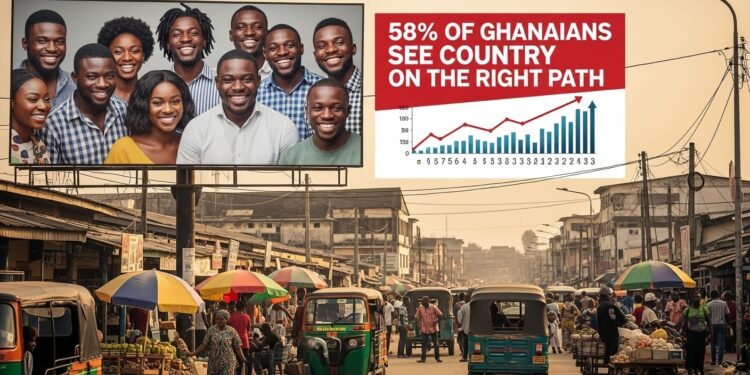The idea that government should be run like a business has been a persistent narrative in certain political circles—especially among business-minded leaders and more particularly now that Elon Musk and Vivek Ramaswamy have been appointed to head the Department of Government Efficiency in the second Trump administration.
However, for Kwaku Nuamah, a Senior Professorial Lecturer at American University, this concept is more myth than reality.
In a candid interview with Vaultz News, Nuamah dismantled the popular belief that a business model can or should be applied to the workings of government.
His insights challenged the very premise behind Musk’s appointment.
Nuamah argued that the very nature of government and business are incompatible, and applying corporate logic to public institutions only undermines their core mission. “You can’t run the state like a business,” he averred.
He iterated that government and business operate on different models.
“Businesses are all about profits, the rate of return so they would do anything to get a profit. Government is set up to serve the public interest. It’s not about profits. It’s about doing what’s right for the people and so the two philosophies don’t mix.
“And usually, people make a mistake when they come in into government thinking that they can run it like a business. It doesn’t work that way. You are focusing on public goods. You don’t make profits from public goods. You do it because that’s what is right for the people.
Kwaku Nuamah
Nuamah’s critique was sharpest when he turned his attention to Elon Musk, whose management of X, he deemed as a series of misguided and ultimately harmful decisions.
“The person that Trump put in charge of the Department of Government Efficiency, Elon Musk, bought Twitter for billions of dollars and he’s running it to the ground. How is that evidence of efficiency?”
Kwaku Nuamah
He asserted that Twitter, now X, is worth a tiny fraction of what it was when Musk bought it.
“He [Elon Musk] did this unnecessary rebranding. He bought Twitter and one of the first things he did was he shut down the only office that Twitter had in Africa, which was in Ghana. He shut it down, he fired everybody without giving them a reason. They just got locked out…
“This is the person that Donald Trump is put it in charge of government efficiency. The whole thing is a joke.”
Kwaku Nuamah
Problems Foreseen
Seeing as Musk, Elon Musk has a lot of businesses which interact with many federal agencies, there is this notion about a potential conflict of interest.
Commenting on this, Nuamah said, “We’re running to all kinds of problems because remember Elon Musk is also the owner of Tesla, an electric car company.”
He stated that Elon Musk is going to have conflict with the oil industry.
Nuamah pointed out that the oil industry wants to promote the use of fossil fuels and Elon Musk is trying to sell electric cars. “So you’re going to see a lot of that type of conflict of interest, particularly around objections to come up with the Department of Energy,” he said, noting that fossil fuel Executive, Chris Wright has been nominated to lead the Energy Department.
“If Trump thinks that Elon Musk is all that great, why doesn’t he nominate him for a cabinet level position that requires Senate confirmation? Because I don’t think Elon Musk can pass a Senate confirmation.”
Kwaku Nuamah
Nuamah’s perspective on government efficiency is a reminder that leadership in the public sector is fundamentally different from the corporate world.
While business leaders like Elon Musk may find success in the world of profits, the demands of public service require a far different skill set—one focused not only on cutting costs but on delivering meaningful, equitable outcomes for society at large.
As Nuamah emphasizes, running government like a business is not just impractical—it’s a dangerous misstep that could erode the very foundation of democratic governance.
READ ALSO: Starmer Confronts Xi on Human Rights at G20























